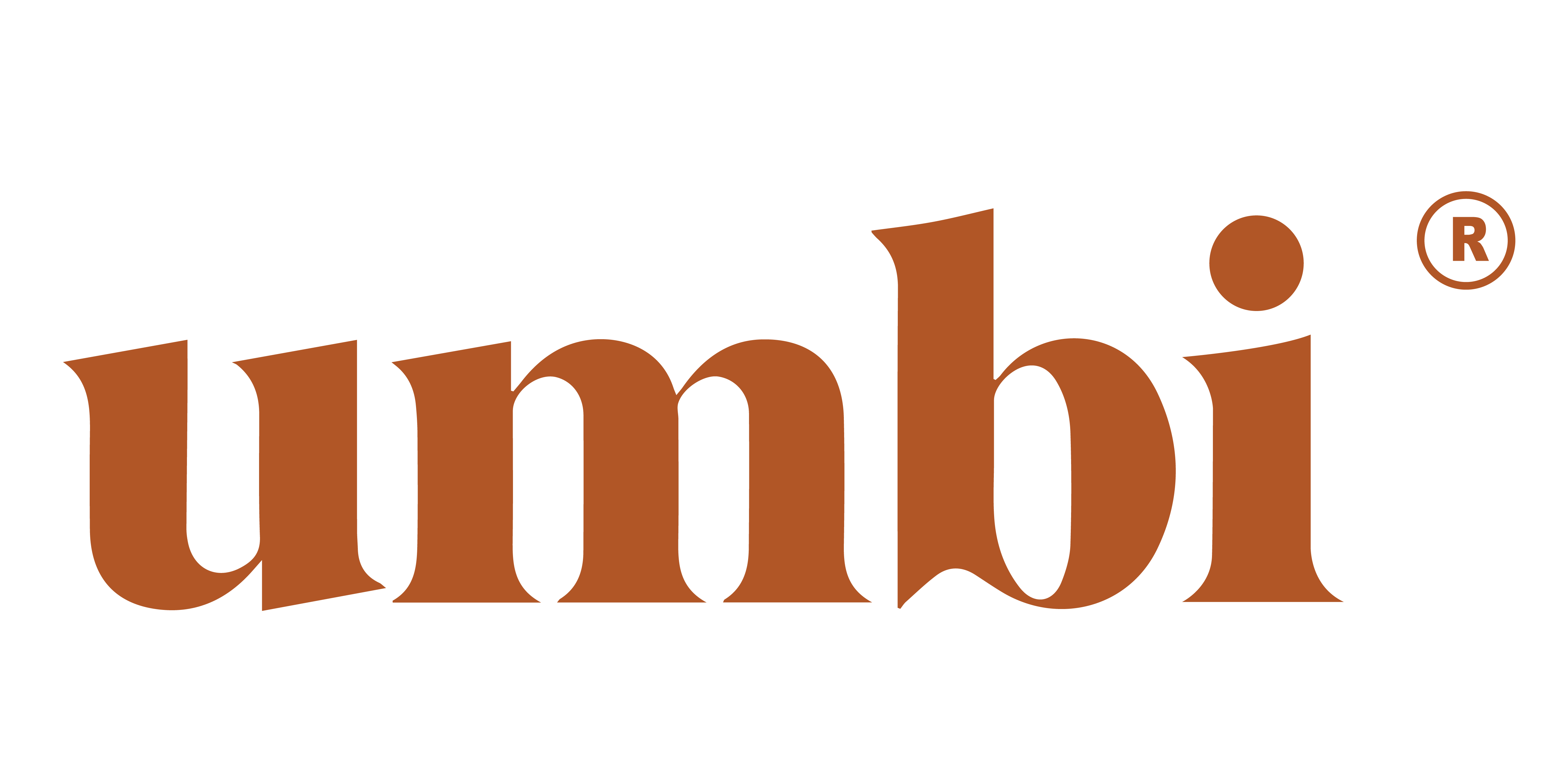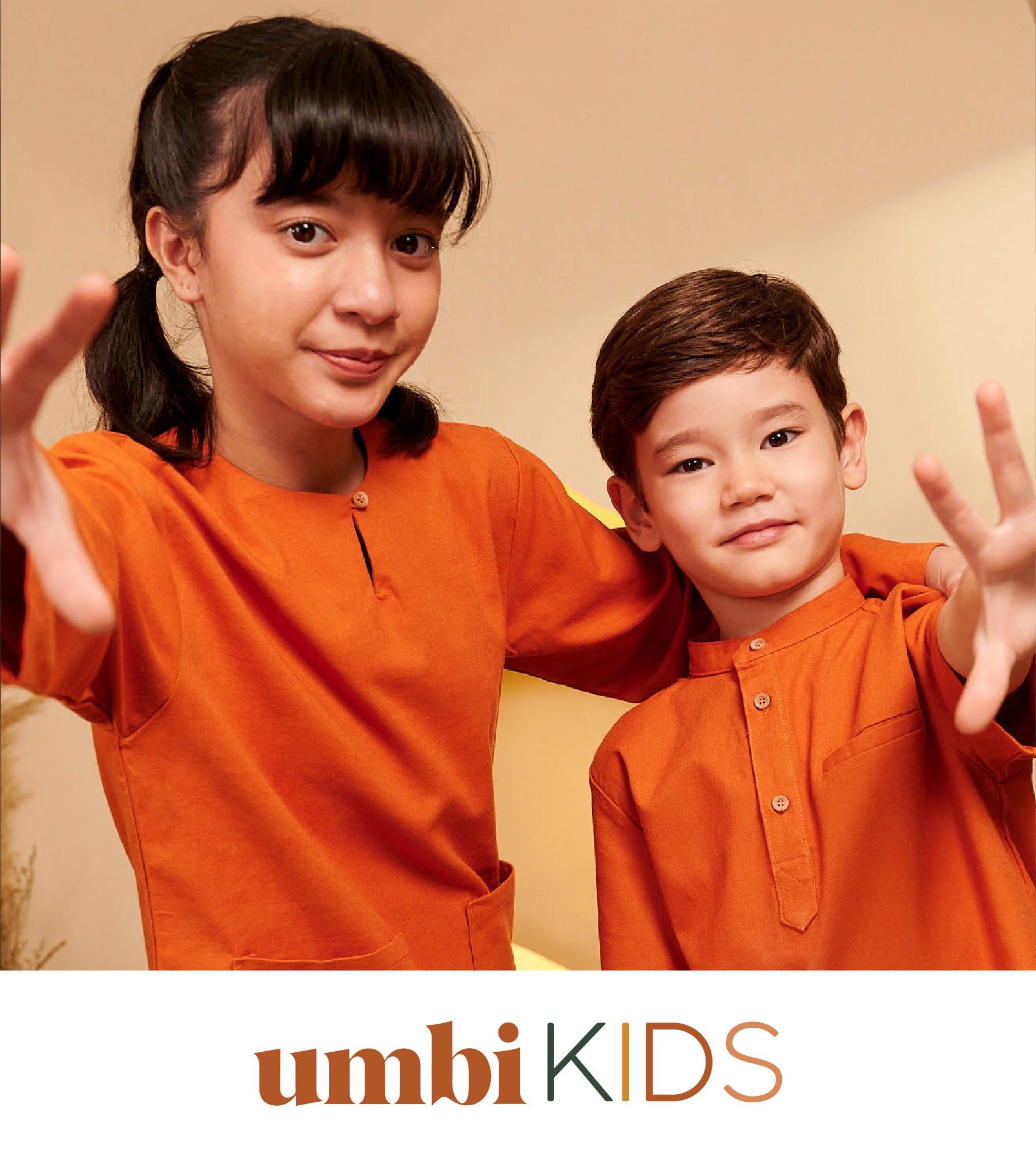

Eid, or Hari Raya Aidilfitri as it is known in Malaysia, is a time of joyous celebrations, marked by a spirit of community, forgiveness, and feasting. In the heart of these celebrations lies a rich tapestry of traditional foods that not only tantalize the taste buds but is also cultural heritage and familial bonds.

Central to the Malaysian Eid feast is the beloved "Ketupat," a diamond-shaped rice cake wrapped in palm leaves, symbolizing forgiveness and renewal.
Accompanying Ketupat is the rich and spicy "Rendang," a slow-cooked meat delicacy infused with coconut milk and a blend of lemongrass, galangal, and herbs, embodying the complexity and warmth of Malaysian hospitality.

No Eid table is complete without "Lemang," a traditional bamboo-cooked glutinous rice, its smoky aroma mingling with the festive air, often served with
"Serunding," a savory meat floss that melts in the mouth, offering textures and flavors that are both comforting and celebratory.

Sweets and desserts of “kuih raya", a variety of colorful, bite-sized treats made from coconut milk, rice flour, and palm sugar, add a touch of sweetness to the occasion, symbolizing the hope for a sweet life ahead.
Eid in Malaysia showcases a feast that is more than just a meal; it is a vibrant mosaic of flavors that celebrates the rich cultural tapestry of the nation, bringing families and communities together in a shared experience of joy and gratitude.






